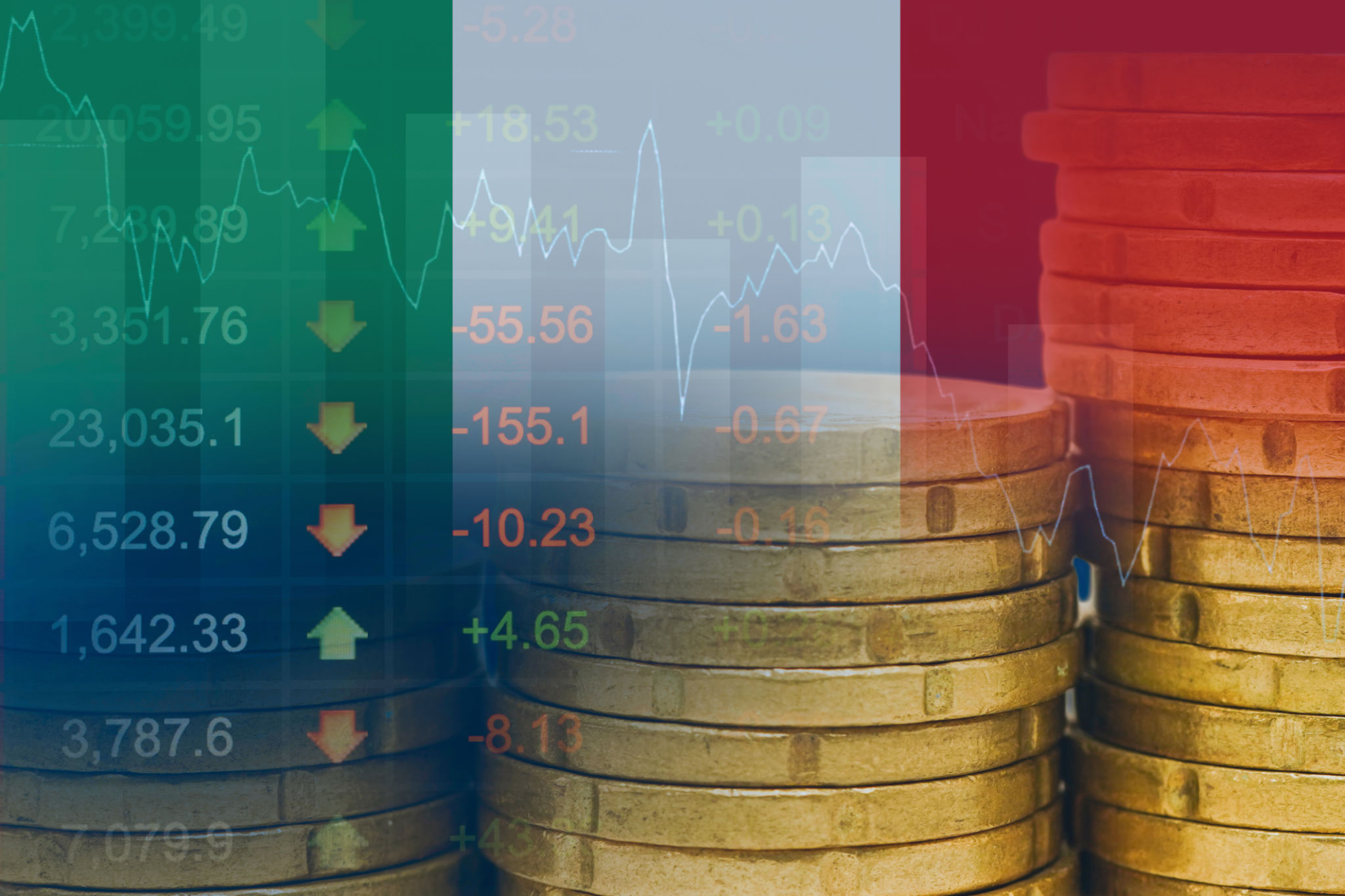Forex Trading vs. Stock Trading: What Beginners Need to Know
Understanding the Basics of Forex and Stock Trading
For beginners looking to delve into the world of trading, understanding the differences between Forex trading and stock trading is crucial. Forex, or foreign exchange trading, involves buying and selling currencies, while stock trading involves buying and selling shares of companies. Each form of trading has its own unique characteristics, and knowing these can help you decide which path to pursue.

Forex trading operates in a global decentralized market, which means it is the largest and most liquid asset market in the world. Trading occurs 24 hours a day on weekdays, providing more flexibility compared to stock markets, which have set hours. In contrast, stock markets are centralized exchanges where stocks are bought and sold during specific hours.
Market Volatility and Risks
Volatility is an important factor to consider in trading. Both forex and stock markets experience fluctuations, but the forex market is generally more volatile. This volatility can be both an opportunity and a risk. While high volatility can lead to significant profits, it can also result in substantial losses.

Stock trading tends to be less volatile than forex, providing a more stable investment environment. However, stocks are still subject to market risks influenced by factors like economic indicators, company performance, and geopolitical events. Therefore, understanding these risks is essential for any beginner planning to invest.
Leverage and Capital Requirements
Leverage allows traders to control a large position with a relatively small amount of capital. Forex trading often offers higher leverage than stock trading, which can amplify both potential gains and losses. This makes it attractive for those looking to maximize profit potential with limited capital.
On the other hand, stock trading typically requires more capital upfront due to lower leverage options. Beginners should carefully consider their financial situation and risk tolerance when deciding on the level of leverage they are comfortable with.

Choosing the Right Path
Ultimately, the choice between forex trading and stock trading depends on individual preferences, goals, and risk appetite. If you are attracted by high leverage and the ability to trade 24/5, forex might be the right choice. However, if you prefer a more stable market with less volatility, stock trading could be more suitable.
It's essential for beginners to educate themselves on both markets before making a decision. Utilize educational resources such as online courses, webinars, and demo accounts to gain a deeper understanding of each type of trading. By doing so, you can develop a well-rounded strategy that aligns with your objectives.
Conclusion
In summary, both forex and stock trading offer unique opportunities and challenges for beginners. Understanding the key differences in terms of market dynamics, volatility, leverage, and capital requirements is crucial. No matter which path you choose, continuous learning and strategic planning are key components to becoming a successful trader.
